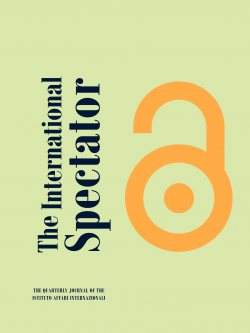Seeking a Responsible Arms Trade to Reduce Human Suffering in Yemen

The war in Yemen has shown inconsistencies in European Union (EU) member states’ arms export control practices: specifically, how they have applied international humanitarian law standards in their arms transfer decisions towards members of the Saudi-led coalition involved in the conflict. While such discrepancies are not new, the ratification of the Arms Trade Treaty by all EU member states, including the United Kingdom (UK) at the time, has provided another framework for bringing these controversies into the spotlight. It has also provided non-governmental organisations (NGOs) in the UK and France with further legal grounds to challenge the legality of these governments’ arms exports to Saudi Arabia and to seek their compliance with their obligations in the field of arms trade. These actions are noteworthy in terms of the information they provide on states’ arms export risk assessment procedures, on how to interpret and implement applicable legislation, and their possible impact on other countries’ decision-making in the same domain.
Keywords: arms exports; Arms Trade Treaty; European Union; international humanitarian law; Yemen
-
Dati bibliografici
The International Spectator, Vol. 56, No. 1, March 2021, p. 73-91 -
Numero
56/1 -
ISBN/ISSN/DOI:
10.1080/03932729.2021.1876862



